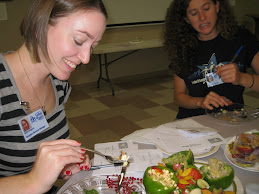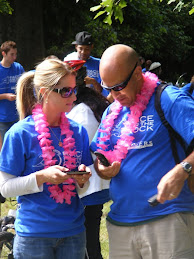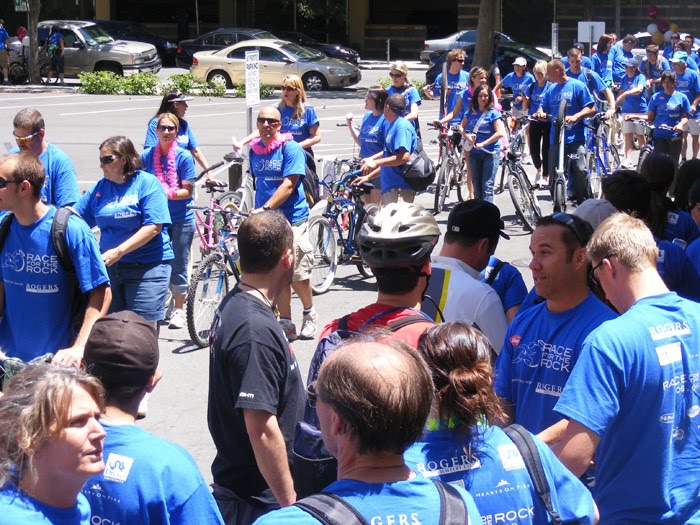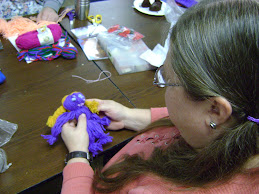One year ago, the General Education Development (GED)
testing service announced a new GED test format beginning January 1, 2014. The
test that was being given launched in 2002, had five subject matter tests, and
could be taken on paper, or on a computer. The new test would be more difficult
for students due to critical thinking skills, analytical writing and changes in
the reading test. Plus, the test would only be available on a computer. Students
who had passed some portions of the GED had until December 31, 2013 to complete
all five tests or they would lose their scores and have to start from the
beginning.
This new test format caused GED programs and
students all over the country, including SFBFS’ program and students, to make a
major push to complete their GED in 2013. The results were staggering as test
sites began to no longer have space available for test takers during the month
of December. SFBFS referred twenty-two students to take the GED in October, November
and December, which is about 15% of our GED clientele. The challenge will be to
continue this pace in 2014 as we implement changes in our curriculum to prepare
students for the new GED.
One change that is taking place is the dedication
of eight computers in the technology center for GED use. Students will be able to improve their typing
skills, take a tutorial on the computer skills necessary for the GED test,
receive subject matter instruction, take practice GED tests and schedule their
GED tests. Other changes include revision of the reading and
writing curriculum to prepare students for the revised reading, social science
and science tests and the elimination of the writing test as a standalone
test. Analytical writing, both long and
short responses, will be included in each of the tests except math. The writing prompts will include two 900 word
essays and the student will have to base their response on those readings,
testing both their reading and critical thinking skills.
Preparing students for these critical skills and
the technology skills will be a challenge for the Adult Education Program as well
as for the students. However, the effort will be worthwhile since success on
the 2014 test will signal to employers and colleges that the student is indeed
ready to enter the work force or handle college level work.
Submitted by Dan Allen, Adult Education Program Manager at Sacramento Food Bank & Family Services
Submitted by Dan Allen, Adult Education Program Manager at Sacramento Food Bank & Family Services






No comments:
Post a Comment